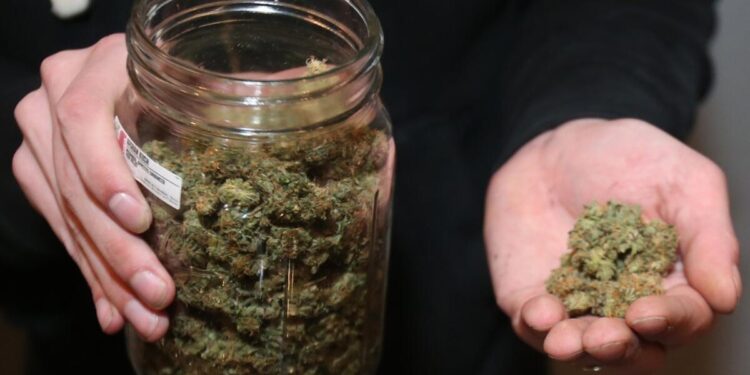Nearly six months into Donald Trump’s second term, the rescheduling of marijuana under federal law remains stalled, leaving the cannabis industry in a state of regulatory limbo.
The Drug Enforcement Administration (DEA) has yet to set a timeline for rescheduled hearings, even after its own administrative law judge, John Mulrooney, paused proceedings in January due to allegations of inappropriate internal communications. In April, the DEA submitted a joint status update acknowledging that no briefing schedule has been established, placing the matter before Acting Administrator Derek S. Maltz—who has repeatedly described cannabis as a “gateway drug” linked to psychosis.
A lawsuit filed by Doctors for Drug Policy Reform in February urged a federal appeals court to force the DEA to reset hearing steps, but as of early April, the agency has continued to sit on the appeal, extending the delay indefinitely.
Critics argue that months of inaction are undermining both public trust and business prospects. One cannabis policy reform attorney noted, “This is fucking incredible…the hearings have been pushed back for another three months,” reflecting the deep frustration felt across the sector.
The consequences are tangible. Multistate cannabis operators face continued limitations under Section 280E of the Internal Revenue Code, which prevents them from deducting standard business expenses—a restriction that rescheduling to Schedule III would lift. Just last year, Green Thumb Industries saw an 8.5% dip in its stock in response to earlier delays, underscoring investor unease.
Although Trump’s nominee for DEA administrator, Terry Cole, pledged during his confirmation hearing to prioritize rescheduling, he emphasized the need for more scientific data before making any definitive moves.
The broader cannabis sector is entering 2025 in a “limbo” state, with political division front and center. President Trump has expressed support for respecting state-legal frameworks, yet key GOP leaders and federal officials remain skeptical or openly hostile toward federal reform.
As the DEA’s administrative delay continues—and no Senate-confirmed administrator is yet in place—the future path for federal cannabis policy remains uncertain. Businesses, researchers, and advocacy groups are pressing for clarity, but until the agency confronts its internal legal and procedural backlog, progress on rescheduling appears stalled.
Read the whole article from MarijuanaMoment here.













